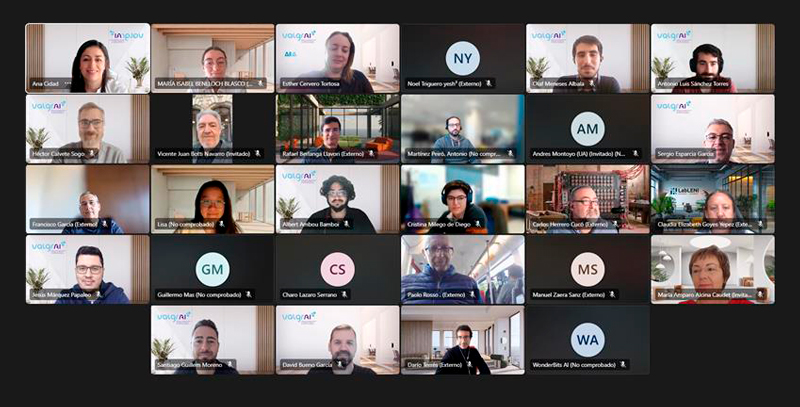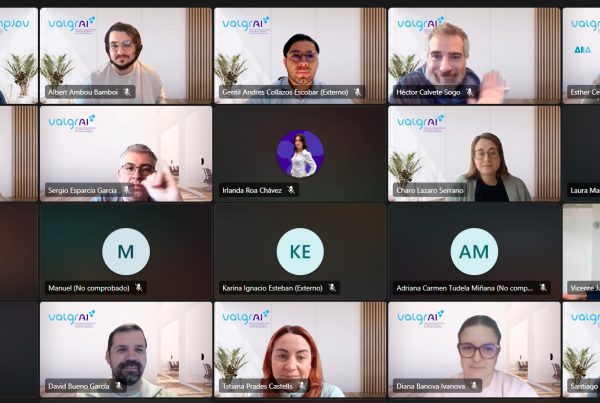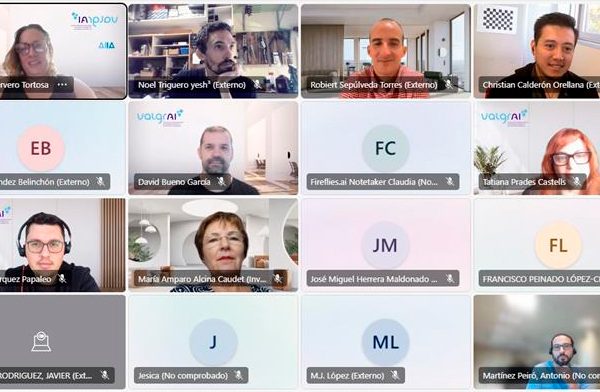Today, the 7th of November, we have achieved another milestone: we have completed twenty editions of our Research Mornings! Created as a space for innovation and research, our monthly meetings have established themselves as a meeting point for professionals, researchers, and enthusiasts of Artificial Intelligence. This session focused on two very interesting projects that address issues that are somewhat disparate but share several common points: advanced evaluation of RAG systems and intelligent optimization in industrial processes.
Why are these advances relevant?
Both proposals reflect a commitment to applied innovation and technology transfer. From enhancing the reliability of retrieval systems to revolutionizing industrial processes, this research solidifies the Valencian Community’s position as a leader in Artificial Intelligence.
1. Retri-Eval: an evaluation method for retrieval modules in RAG systems
Speaker: Isabel Benlloch
Summary of the talk:
In the first presentation of the 20th edition of ValgrAI’s Research Mornings, Isabel Benlloch explains how the Retri-Eval proposal introduces a cooperative multi-agent system, composed of four agents based on LLMs, which analyse the retrieved documents from different qualitative dimensions. This approach overcomes the limitations of traditional metrics (precision and recall) and ensures more robust and adaptable evaluations. The method is validated with the RAGBench dataset, demonstrating its ability to deliver consistent results across diverse domains.
2. Expert Brain: Optimisation of additive manufacturing through intelligent agents.
Speakers: Antonio Luis Sánchez Torres and Olaf Meneses
Summary of the talk:




